It’s no secret that social media has become a huge part of everyday life, especially for young people in Nigeria. But sometimes I wonder if we’re really paying attention to the way it’s shaping us — and not always for the better. Paul Okoye, who you probably know best as Rudeboy from the duo P-Square, recently shared some thoughts that really caught my attention. He’s worried — and honestly, I think his worries have some solid ground.
On his Instastory, he warned that using social media in the wrong way, mostly chasing clout or just trying to trend, isn’t harmless fun. In his words, “Social media is going to destroy a lot of people… You might think it’s just cruise, clout, or to trend… Your eye go clear.” The phrase “your eye go clear” kinda sticks with you, right? It’s like a sudden moment of clarity or regret — when you finally see the damage being done, maybe too late.
I get it, social media can feel like a wild playground. People want followers, likes, the next big moment. But there’s this sneaky line everyone tends to cross without realizing it. When the fight for attention turns into a messy game of fake news, bullying, or spreading hate, things spiral out of control pretty fast. And who really wins in that scenario? No one, I’d say.
ALso read: Speed Darlington’s Controversy: A Victim Steps Forward Amid Admission
Nigeria’s Social Media Scene: A Bit Like the Wild West
Now, here’s the thing about Nigeria’s social media landscape: it’s kind of unregulated. There’s no official authority policing what’s posted or shared, which means a lot of harmful content can slip through unchecked. That might sound like freedom to post whatever you want, but it also opens the door to serious problems. Cyberbullying, fake news, defamation — you name it, it’s out there.
Some folks have pushed for stronger social media rules, hoping that setting clearer boundaries might help calm the chaos. The National Assembly even introduced a bill aimed at regulating social media use. But that bill? It faced huge backlash. People argued over whether regulation would suppress free speech or if it was just necessary to prevent online harm. It became this complicated tug-of-war, and the bill’s progress got stuck in the middle.
It’s almost like social media is this new, unpredictable frontier for Nigeria — full of potential but also risks that we’re still learning how to handle. It’s tricky because while some regulation might protect people, it could also limit genuine expression, which, honestly, is a bit frightening if you think about it.
Why Does This Matter to Us?
I think Paul’s message really hits home because it’s not just about rules or politics; it’s about how social media is affecting real people. So many young folks, the people who should be building their futures, are getting caught up chasing likes or reacting to online fights that don’t really matter. And sometimes, it’s these online battles that lead to real-life consequences — seriously damaging ones.
Also read: When Controversy Meets Music: The Speed Darlington Case
There’s a subtle but dangerous idea that social media is just a game to play for fun or fame. But when people start using it to tear others down or spread lies? That “game” becomes something all too destructive. And the truth is, the effects aren’t always immediate or obvious, but they build up over time.
Personally, I sometimes catch myself scrolling through endless posts, wondering where the line is between harmless fun and harmful behavior. And I guess that’s why it’s important to keep talking about these issues — because awareness is the first step. Maybe if more people heard Paul Okoye’s caution and really thought about it, the social media space could become a bit safer and kinder.
There’s no quick fix here. But one thing feels clear: we’ve got to rethink how we use social media, especially when it’s so easy to get sucked into drama or desperate for attention. Somehow, we need to find balance — and it’s honestly a bit of a puzzle.




![When Two Pregnancies Collided: My Story — Omo Local’s Truth 4 How me and my best friend got pregnant for my husband – Actress Omo Local [VIDEO]](https://wowplus.net/wp-content/uploads/2026/03/how-me-and-my-best-friend-got-pregnant-for-my-husband-actress-omo-local-video-680x1020.jpg)
![Why Older Partners Sometimes Make Life Easier 5 Older men allow you get away with a lot of things – Joke Silva [VIDEO]](https://wowplus.net/wp-content/uploads/2026/03/older-men-allow-you-get-away-with-a-lot-of-things-joke-silva-video-680x384.jpg)



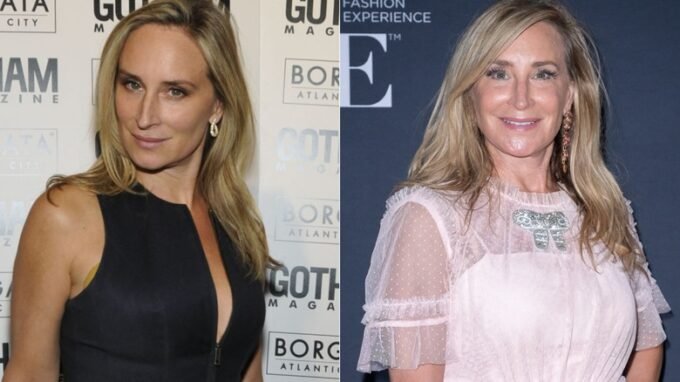
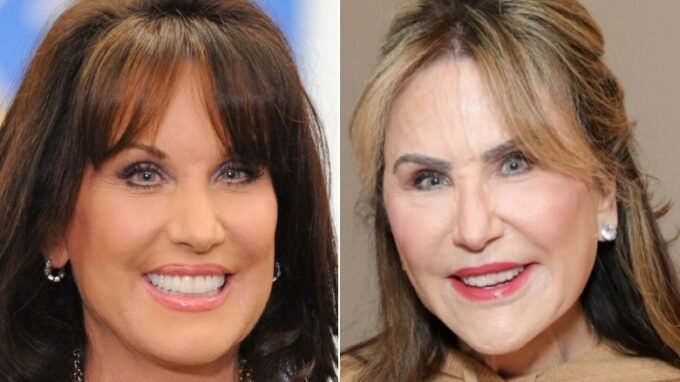








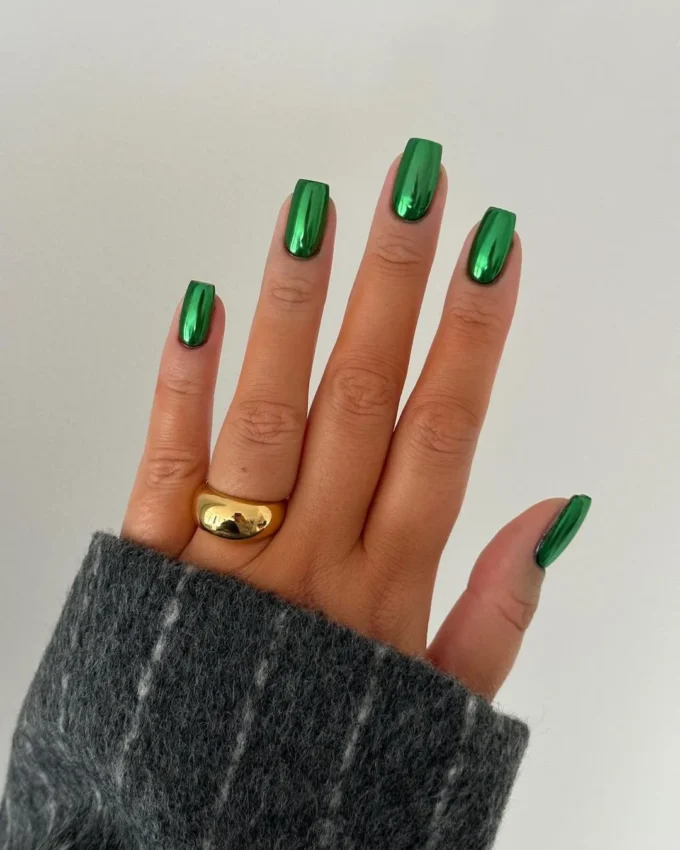



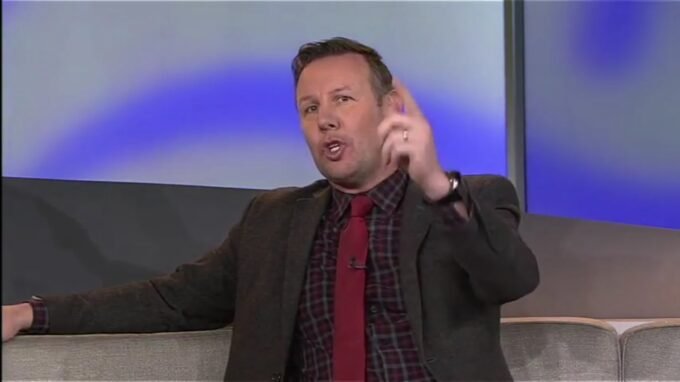
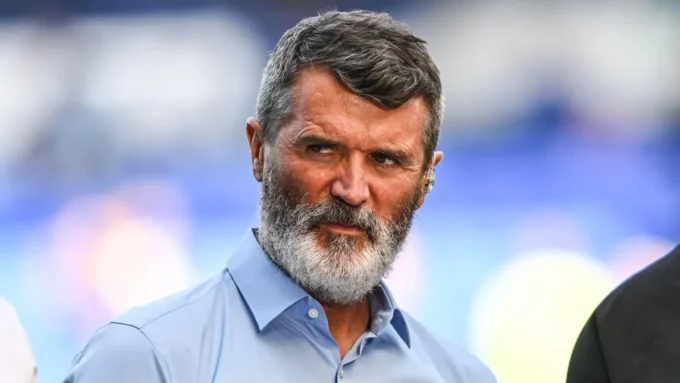
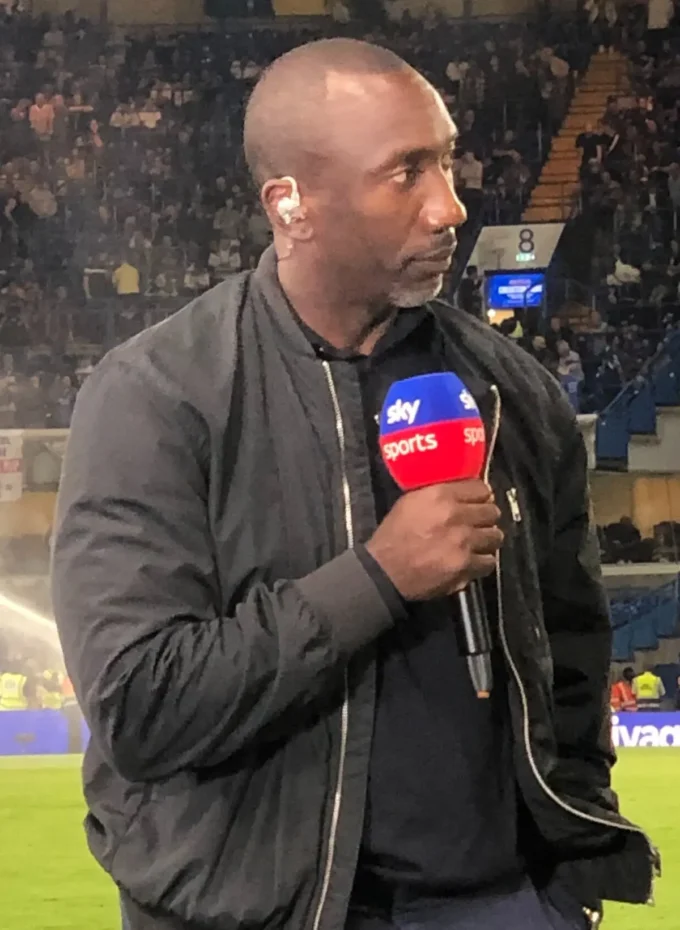


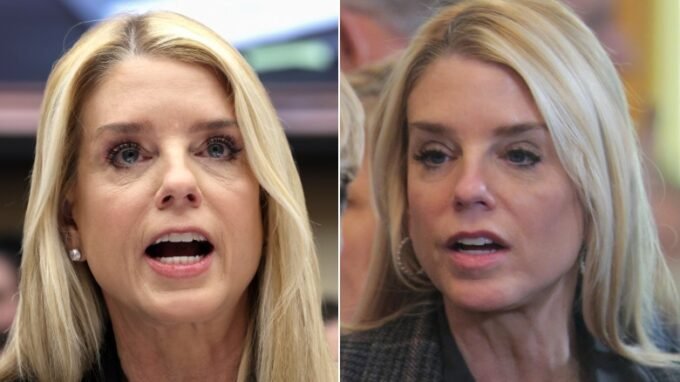
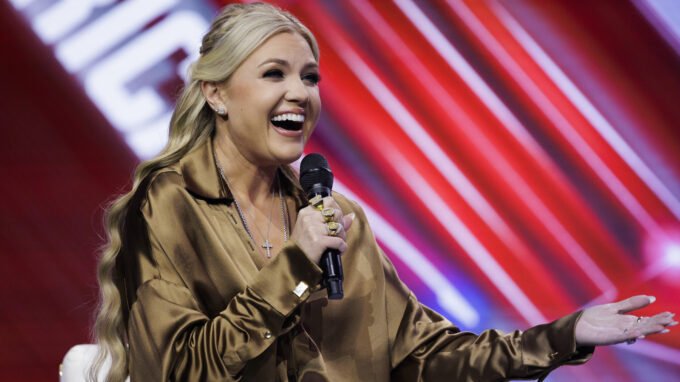
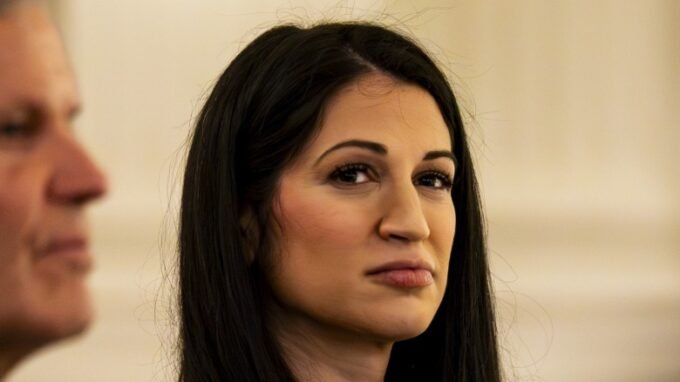
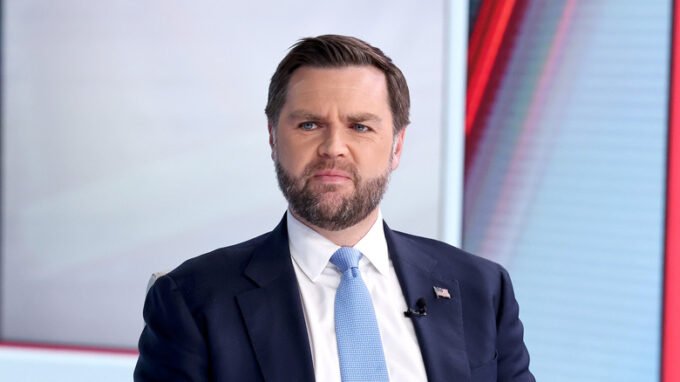
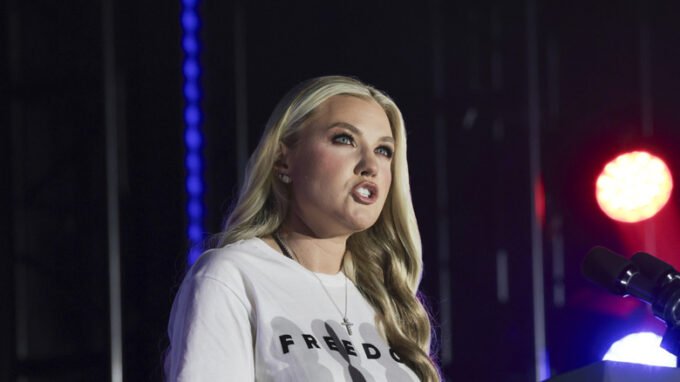









Leave a comment